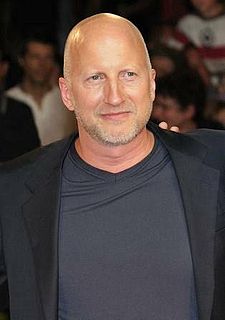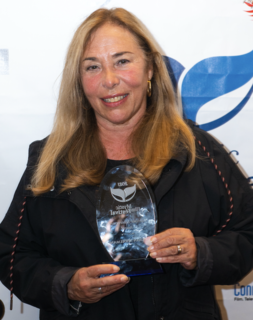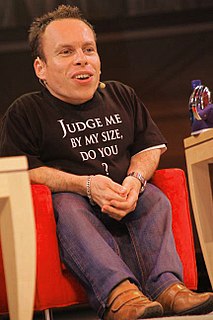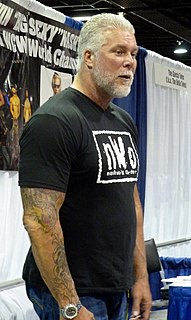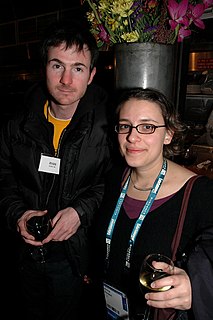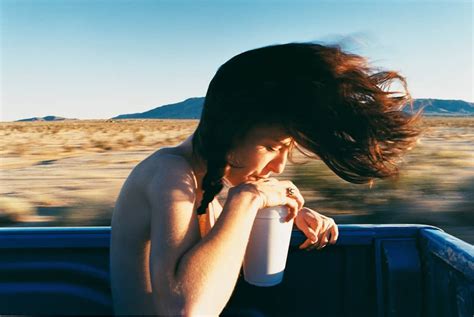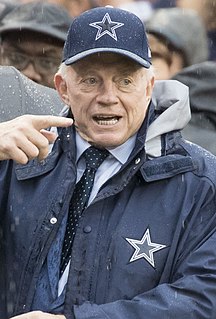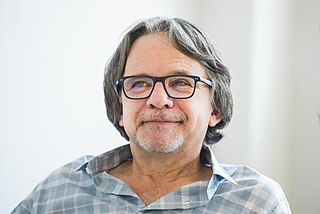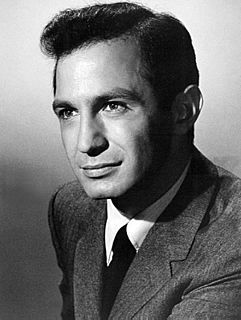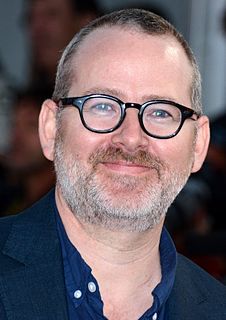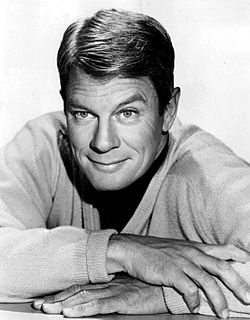A Quote by John Hillcoat
I think what actors have to do, what performers have to do to emotionally get to that place and have a camera and have your face 20 feet high on a screen, is such an incredible thing.
Quote Topics
Related Quotes
Film, television, and working with a camera is such an intimate art form that if a camera is right on you, and I've got your face filling the screen, you have to be real. If you do anything that is fake, you're not going to get away with it, because the camera is right there, and the story is being told in a very real way.
A huge part of what we do as actors is learning to ignore the camera, as if it's not even there, while simultaneously being very aware of the camera and what it's capturing, because you can give the best performance of your life, but if you do it with the back of your head facing the camera, it's going to get cut from the movie.
In professional wrestling, I think that they want you to be bigger than life. It's almost like an over-acting type thing - whereas on the big screen, you're 35 feet and they've got a close-up of you to put it on the screen in the movie house. At 35 feet, it's more subtlety than the overboard drama that we do in pro wrestling.
If it's not a high-concept movie, if you're not having outer space people come down and blow stuff up, then there's a pool of 15 to 20 male actors and 10 to 15 female actors. And if you don't get one of them, you really need to reexamine your budget and the story you're trying to tell. It's frustrating.
When you think about being a director, you think about writing stories, putting the camera in interesting places and directing the actors to get your vision, but it's hard to imagine even this process... sitting here nine months later talking about the film and talking about it 20 times in one day. You don't even think about the part where you come to the set every morning and everyone's looking at you to see your mood in order to see what the day is going to be like, and the influence that you wield.
You come to our stadium and look at the aura of 100,000 people. You look up there and see an Army tank coming at you. You see it on a TV screen, it's one thing. You see it at a movie theater, that's something else. When that thing's coming at you 70 feet high and 180 feet long, now that looks like a tank.
There's lotion for your face, for your hands, for your feet, for your body. Why? What would happen if you put hand lotion on your feet? Would your feet get confused and start clapping? Each kind has something special in it - aloe, shea butter, coconut, cocoa butter, vanilla, lemon extract. That's not lotion. That's one ingredient short of a Bundt cake.
In drama, you're interacting with other actors to tell the story. The camera is like the theater: it's the artistic fourth wall. In a screen play, you don't look at the camera and communicate with it. But with hosting, you're looking right into the lens and talking to the people. It is a different style, and it's fascinating.
